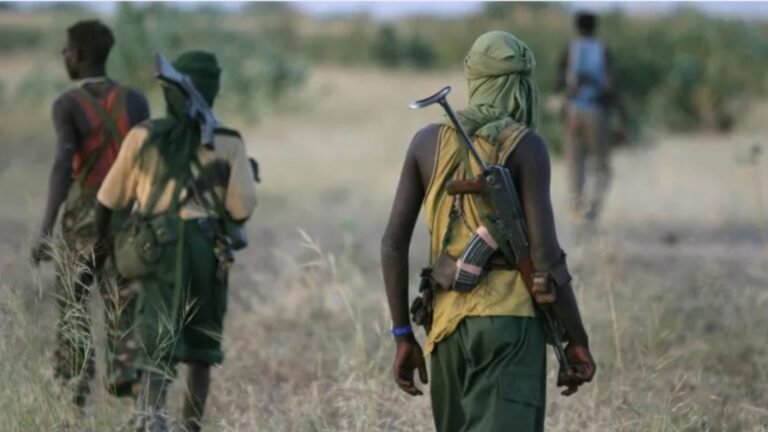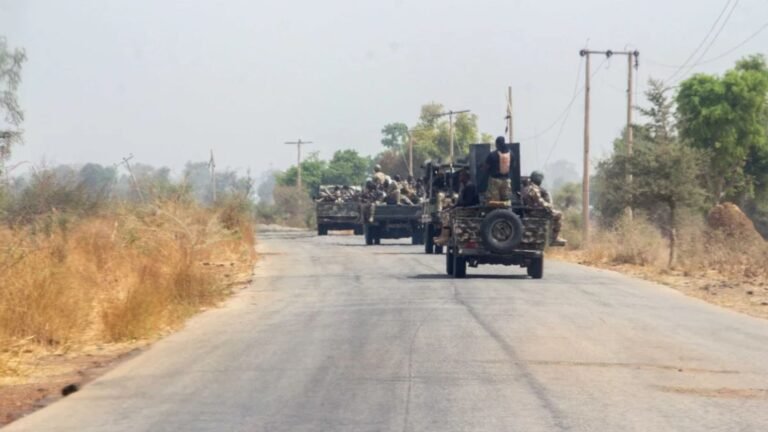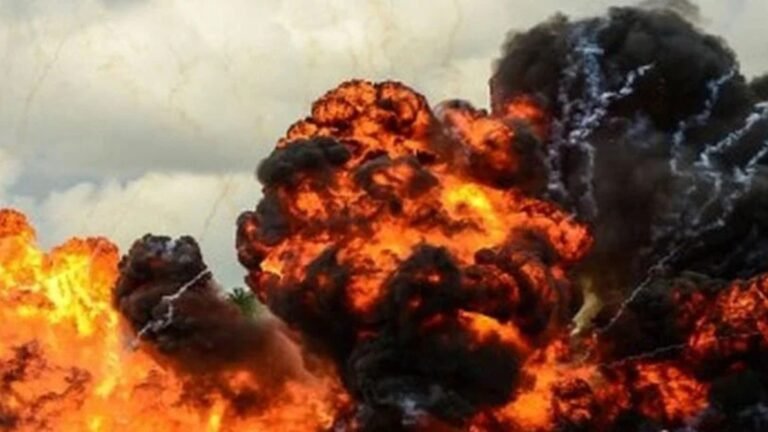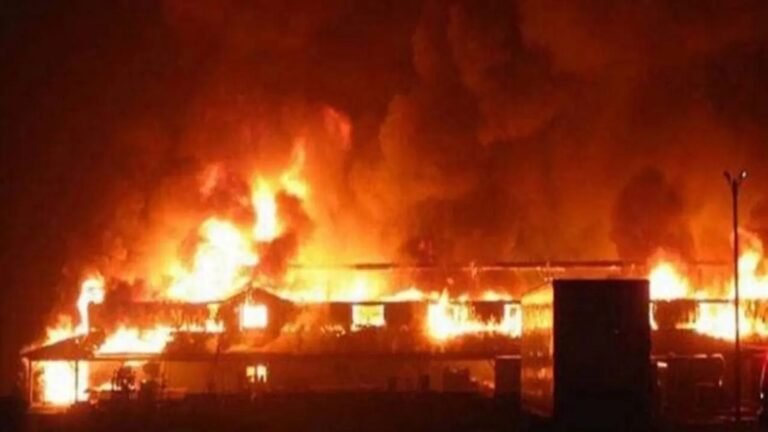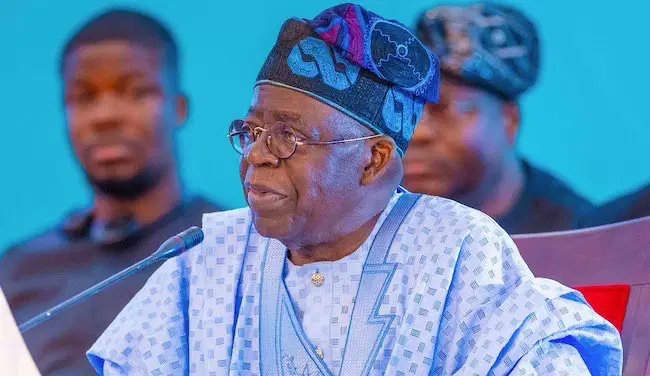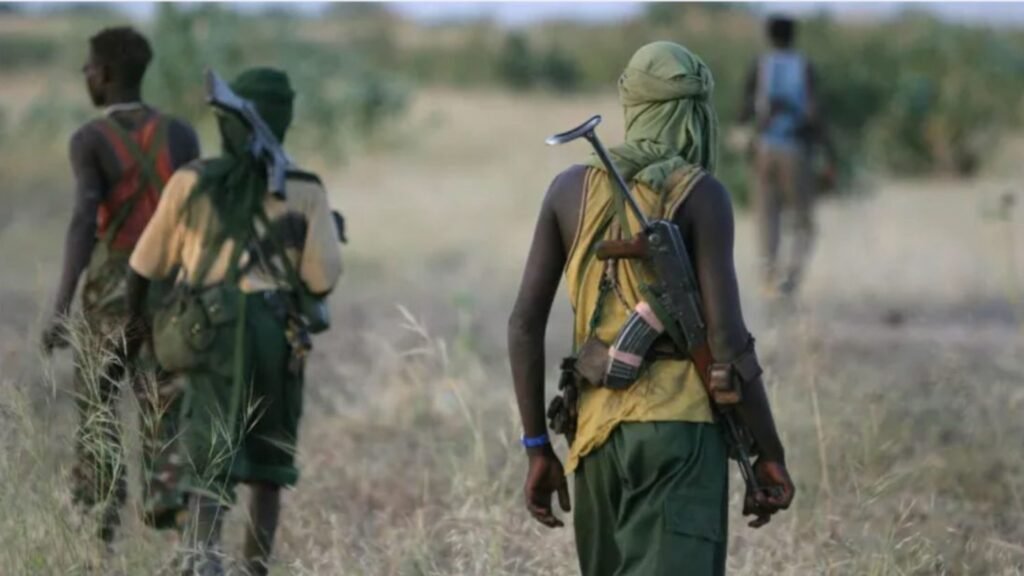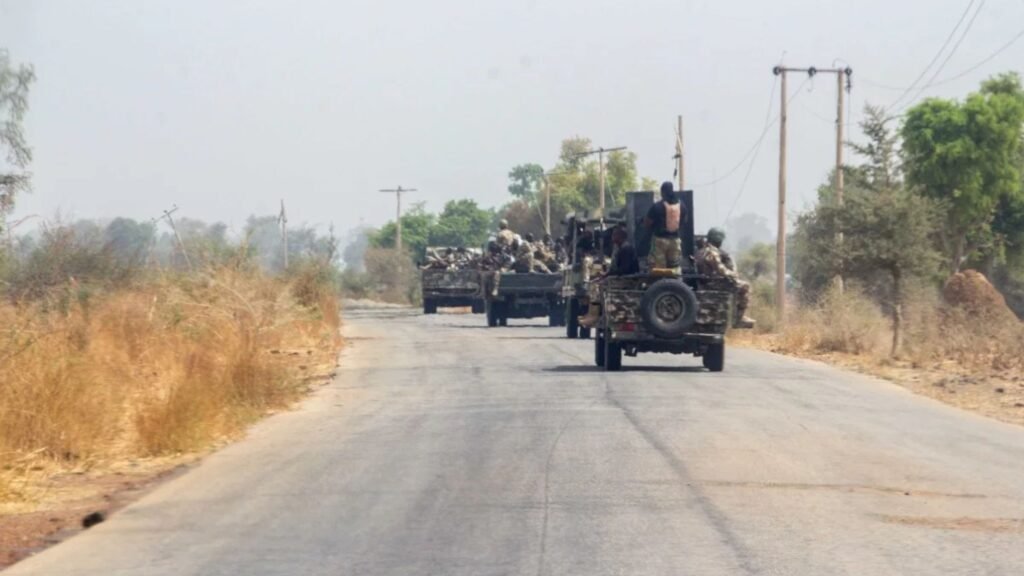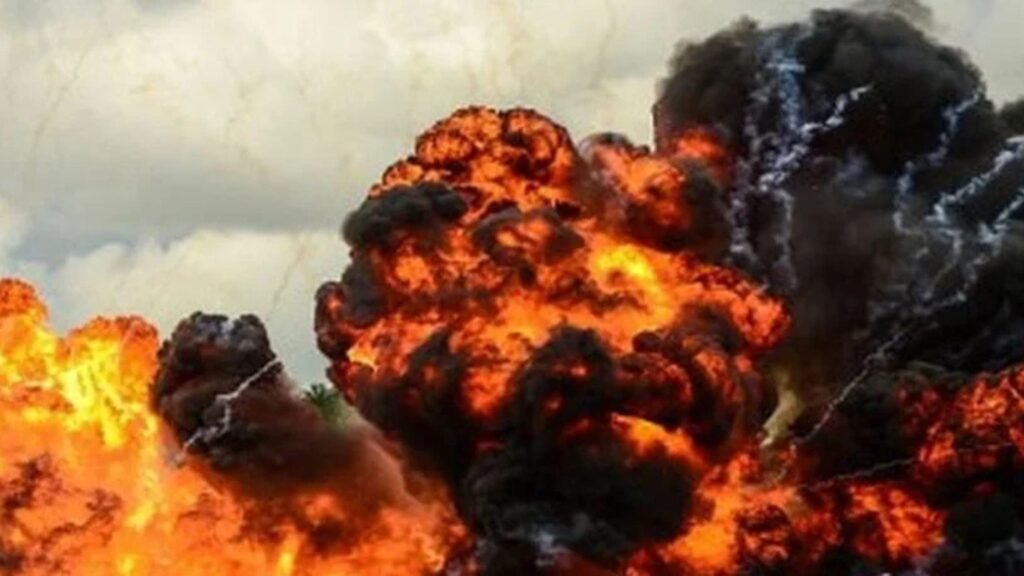The Association of Resident Doctors (ARD) under the Federal Capital Territory Administration (FCTA) has announced that its members will return to duty on Monday at 8 a.m., following the suspension of their indefinite strike.
Speaking on Friday, ARD-FCTA President, Dr. George Ebong, said the strike was called off after the intervention of the Senate, even though none of the doctors’ demands have been fulfilled.
The association, which comprises doctors working across 14 district and general hospitals, as well as the Department of Public Health under the FCTA, had embarked on the strike last Monday after months of unsuccessful negotiations.
Their demands include the payment of salary arrears ranging from one to six months for members employed since 2023, urgent recruitment of additional staff, settlement of the 2025 Medical Residency Training Fund, and full payment of arrears from the 25–35 percent upward review of the Consolidated Medical Salary Structure.
They are also asking for clear timelines to complete skipping and conversion processes, correction of erroneous salary deductions, and an end to irregular salary payments. Other demands include converting post-Part II Fellows to Consultants within six months, documented timelines for promotions with arrears fully paid, and payment of outstanding hazard allowance arrears.
Additionally, they are seeking renovation and proper equipping of FCTA hospitals, payment of wage award arrears, and settlement of salary arrears owed to newly recruited external residents, who are currently owed three to four months’ salaries.
Dr. Ebong said, “We are suspending the strike to begin work at 8 a.m. Monday morning.”
“The Senate Committee on Federal Territory Area Councils and Ancillary Matters, chaired by David Jimkuta, intervened. Even though none of our demands have been met yet, they assured us that they will talk to the minister, and the Congress has decided to believe what the Senate has said. We also appreciate the Minister of the FCT, Nyesom Wike, for his interventions.”
“The Congress will reassemble to reassess the interventions within the agreed timeframe, and if nothing is done, the Congress will take the next line of action.”

